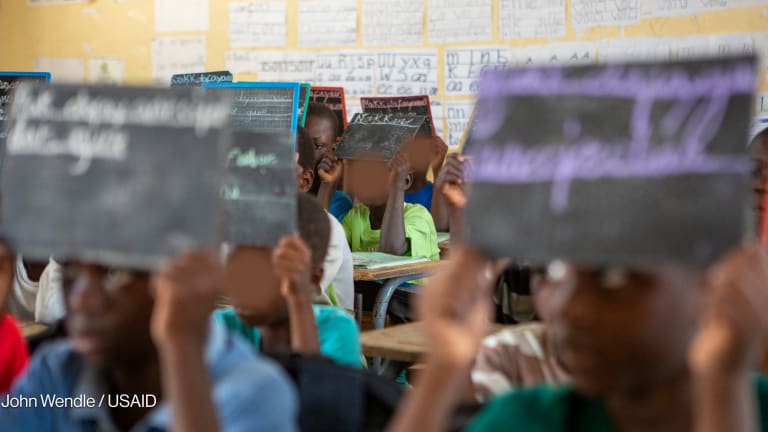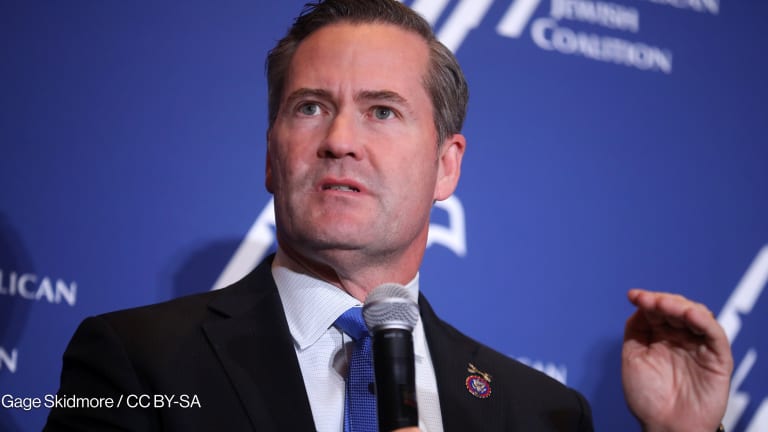His heels are still spinning from a whirlwind start of relocating miles and miles away from the comfort zone of his inner bubble but predictably things are slowly unfolding and falling into their right order. As it should. The first few weeks have been a wreck with the flat not being ready for the big move, while the academic year was already underway and in full swing. Managing tasks between apartment hunting, flipping books and adjusting to the rainy days ofLondon, the fog has finally settled, and Waqas Chughtai finally took a year break from his daily life as a Senior CBC Radio Producer. The days of clocking in late night shifts, where weekends turned into work days slowly dissipated. For now.
Waqas studied Journalism and obtained his degree from RyersonUniversityin Toronto. He graduated in 2008 and since then has held a position with the Canadian Broadcasting Corporation starting out as an intern and climbing his way up to be the youngest senior producer, at 26 , a strong feat that most of his colleagues can only dream of. The ever-humble, modest and intelligent persona takes over and struggles to strike a balance between travel, career and family and friends, “I’ve done well in my career so far, but I feel I still have a lot more to learn, and a lot more to do. To me, accomplishment means when what you do makes a valuable difference.”
Now, he’s pursuing his dream of living in one of the most beautiful cities in the world steeped in history and culture. He is currently pursuing his Masters in International Relations at King’s College London. He insists that this decision was not merely for professional development or career advancement, but also for his own personal development and growth. Never ceasing the urge to learn new and re-learn old things, Waqas tells us why he’s there:
1. What prompted you to pursue your graduate studies in London? Why the International Relations Program?
A lot of the news is dominated by international conflicts and politics. I can’t report on the issues unless I truly understand the root causes, and the dynamics behind how states interact with one another. There are many great journalists who can do this because they have worked in the field for years, but now with budget cuts, news organizations tend to fly people in as conflicts unfold, and the audience loses that broader analysis. By studying international relations I hope to eventually report on international events and give the audience more than just the fighting of the day.
2. What do you expect to accomplish there (apart from earning your MA)? How do you think it will help you redefine/refine your career interests/goals?
I was born and raised inTorontoand a Canadian lifestyle is all I really know. Over the years I have travelled a fair bit (I’ve been to theUK,Denmark,Sweden,France, theNetherlands,Spain,Saudi Arabia, the UAE, theUSandPakistan) and observed how other countries work. But I feel until you have lived abroad, you don’t truly understand what alternatives are out there. TheUnited Kingdomis a fascinating country. It ruled over so many parts of the world for years, and has a very different culture than inCanada. Being here I hope to understand how people in theUKfeel about certain issues, how they view world events, what makes their society work. It will allow me to obtain a more global perspective, which in turn I hope will help me become a better journalist.
3. Explain/describe your passion for global affairs
I think my older brother and father played a role, since both are into news. I think it is important to know what is happening in the world around you, understanding different cultures and conflicts. It helps you grow as a person, and shape your decisions in life. By studying international events, you can apply the lessons learned to problems in your own home country, and avoid certain mistakes. One example that doesn’t have to do with conflict is my trip toSpainin 2008. Madridhas one of the best public transit systems I have ever seen. It is efficient, well planned and cheap to use.Madridbuilt a lot of its subway system in a short period of time. I thinkTorontocould learn a lot fromMadrid. Our system is not efficient, expensive and by no means as vast. TheYorkextension is still not complete, and I have been hearing about that since when I was in secondary school.
From a humanitarian perspective, studying global affairs is vital because it allows us to mobilize support for those in need. We tend to focus on the big natural disasters in the media, like the earthquake inHaitior the flooding inPakistan, though there are so many stories of poverty and need throughout the world. There are numerous conflicts that have uprooted millions of people. I believe it is important for us to understand what is happening, so that we as a society can make informed decisions, and in turn apply adequate pressure on our government to act in a certain way.
For now, Waqas has to muster his writing skills and seamlessly exchange the radio cut-throat short sentences for a more scholarly flair for his academic career. He adds that drifting back into the student mindset, from a trained professional in the working world, might prove to be a bumpy, but worthy ride.







